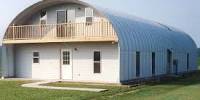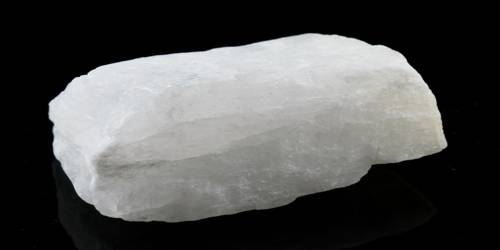The performance of admixtures in concrete is influenced by a variety of variables, including the kind of admixture, dose, compatibility with cement, mix design, ambient temperature, and the presence of other admixtures.
These elements affect how well the desired traits for which admixtures are introduced are achieved. To achieve desired properties, such as accelerated setting, early strength development, improved durability, enhanced concrete cohesiveness for underwater placement, decreased permeability, increased pumpability, decreased water content, and many other desired properties, additives are added to the concrete mixture.
Factors Affecting Performance of Admixtures in Concrete –
Type of Admixtures
The admixture would be more effective its molecular weight is high. For instance, softwood sodium lignosulfonate with a high molecular weight has better dispersion performance, slump retention, less retardation, and can boost maximum water reduction by between 10 and 20%.
Dosage
The ideal amount of admixture should be used. A high admixture level can result in segregation or bleeding. Additionally, it can cause the strength and set time to be increased. Trials should be used to determine what is best to do.
Compatibility with Cement
All admixtures may not produce same results with different cements. Therefore, before using any admixture, its compatibility with cement has to be established. The effectiveness of the admixture is influenced by cement properties like as fineness, chemical composition, C3A content, etc.
Incompatibility between cement and admixtures causes a number of issues, including quick workability loss, concrete segregation, accelerated/delayed setting, and slow rates of strength increase. Trials must therefore be conducted before deciding on the ideal dose of admixture.
Mix Design
All constituents of mix affect the performance of the super-plasticizer as given below:
- Water: more water in the mix improves the physical interaction and dispersion of admixtures.
- Coarse aggregate: proportioning and grading of coarse aggregates influence the performance of concrete admixture.
- Fine aggregate: proportioning, grading and silt content also influence the performance of concrete admixture.
- Cement: its fineness, C3A content influence the performance of admixture. Higher C3A reduces efficiency of admixture.
- Other admixture: presence of other admixtures also influences the performance of concrete admixtures.
Therefore, proper trials before actual use are very vital for effectiveness of admixture.
Ambient Temperature
The humidity and temperature of the surrounding air affect how well concrete admixtures perform, such as water-reducing admixtures. An additive that reduces water content, such as lignosulfonate, would have a higher saturation dosage as the temperature was increased.
















